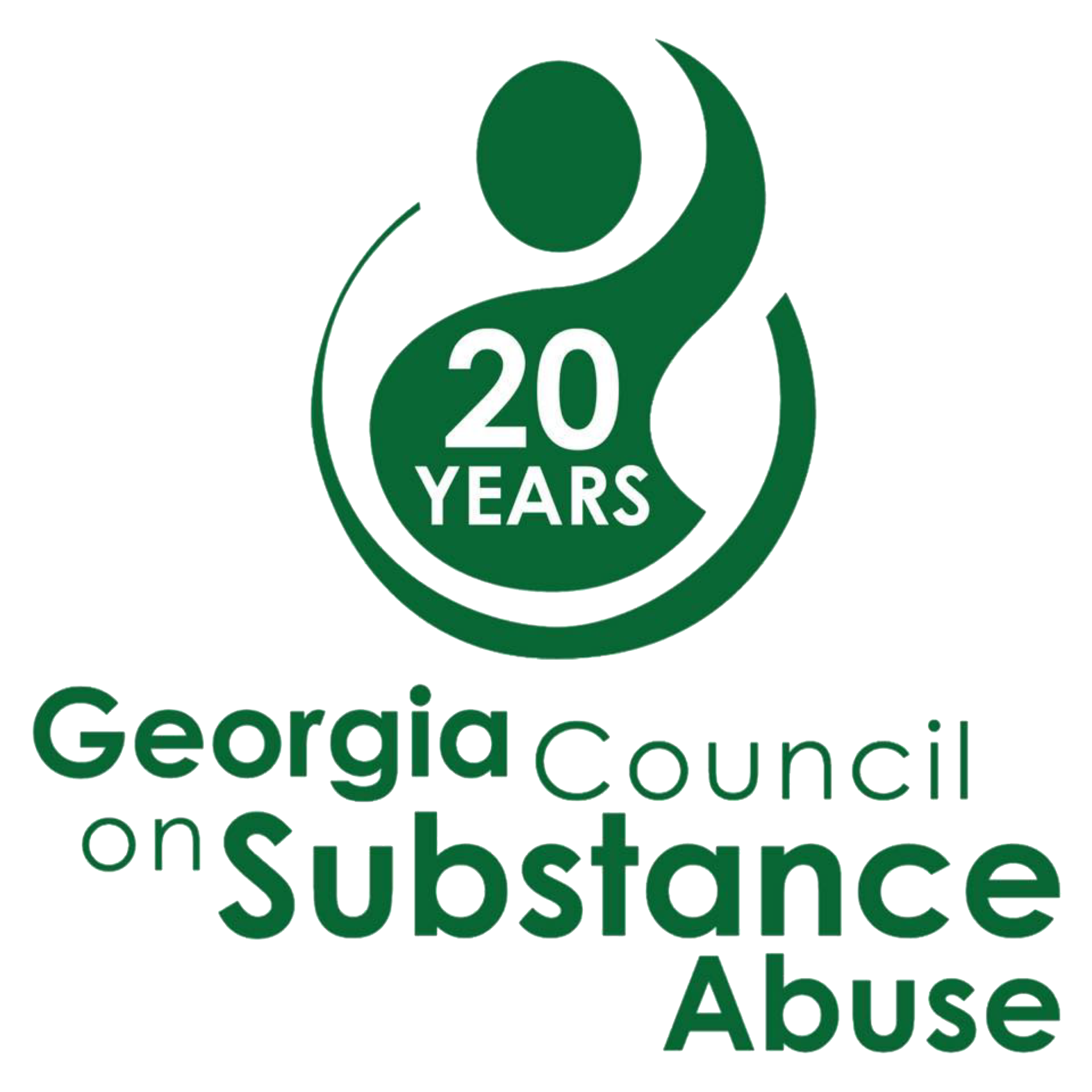
The Georgia Council on Substance Abuse Working for a Strong Budget for a Healthy Georgia
The Georgia Council on Substance Abuse respects the need for the state to be prepared for future hard times and the need to have Georgia in a strong economic position. We look forward to working with Governor Kemp, Lt. Governor Duncan, Speaker Ralston, and the General Assembly as they navigate this challenge. We are at the beginning, not the end, of a long legislative process.
Addiction is killing more Georgians than anything else – period. An expansion of services and supports is essential and a smart expenditure which will save taxpayer dollars in the both the short and long term.
In 2009, the General Assembly made huge cuts in the DBHDD, Office of Addictive Disease (OAD) budget and signified a massive step backwards in prevention resources, treatment capacity and recovery support services. We have seen an unprecedented increase in drug overdose deaths since 1999 and need to commit to a comprehensive array of services and support in order to quickly reverse this trend. In 2018, 1,574 Georgians died if opiate overdose, an average of 4 individuals per day. We would like to work with you to develop a to begin building a substance use disorder prevention, treatment and recovery delivery system that works for Georgians in need.
As you are well aware, substance misuse and addiction are a heavy burden on the citizens of Georgia. This is not the time for any cuts to health care services, especially when we have solutions like peer recovery coaches in emergency departments and in neonatal intensive care units, and addiction recovery support centers that are effectively addressing people with SUD in rural communities.
There are significant consequences related to substance abuse in this State, including the high price associated with healthcare needs and an increase in crime, as well as losses in worker productivity. Additionally, commensurate with substance misuse and addiction, there are serious public health and safety implications, which include family disintegration, loss of employment, failure in school, domestic violence, child abuse, and other social costs.
Addiction is an epidemic across Georgia. The key to saving lives, restoring families, and building strong communities is to provide access to services and supports that will lead to long-term recovery. Over the next few weeks the Georgia Recovery Community will work with our state leaders as they face this difficult challenge. However, we stand united in our firm position that just as transportation has been exempted from budget cuts, so must healthcare Recovery programs be exempted.

